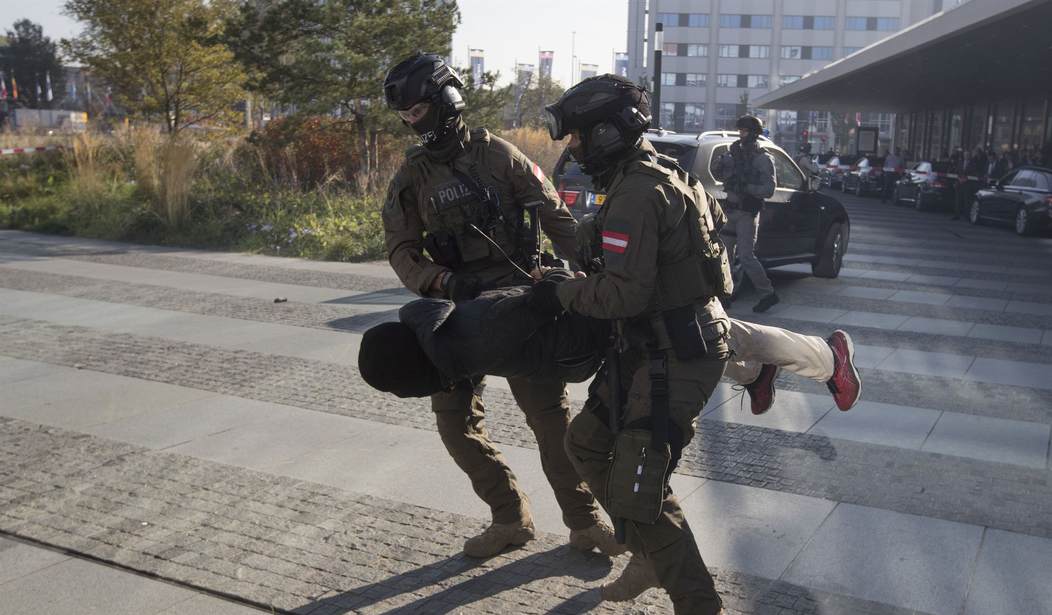The University of Amsterdam has published a study on the costs and benefits of immigration policies in The Netherlands, and it makes for some pretty shocking reading.
Not exactly surprising reading, but shocking because the costs of importing asylum seekers from third-world countries are even higher than you might have expected.
Persons from low-skill immigrant groups which commit violent crime at rates up to 17 times the native Dutch rate cost Dutch taxpayers over 10 times per year what the average Dutch household earns.
In most European nations these types of data were not collected or made available… https://t.co/bH6WmL2lV7
— i/o (@eyeslasho) January 3, 2024
The Netherlands, like most Western European countries, has been on a tear accepting a large number of “asylum seekers” from the third world, particularly from Africa and the Middle East. Some of this is because of Dutch policies, and some because the EU has had a nearly “open-door” policy when it comes to immigration.
The last time a serious look at the cost was taken was decades ago, so the University of Amsterdam decided to take a look. It found that, unsurprisingly, people who come to the Netherlands to work have a net positive effect on the economy, and just about everybody else who immigrates there is quite expensive, as are their children.
Immigrants from first-world countries contribute the most, often contributing more to the economic well-being of the country than native Dutch people. On net they contribute 625,000 Euros to the economy.
Asylum seekers from Africa, on the other hand, contribute -625,000 Euros to the economy, and if you include the second generation, the cost is over 1 million.
That’s a pretty hefty cost.
The balance sheet for the first generation of immigrant looks like this. Many European countries receive the most immigrants from the most costly places. pic.twitter.com/TRV3zgjAOf
— Jonatan Pallesen (@jonatanpallesen) January 3, 2024
Aside from the obvious, the Dutch have another reason to be very concerned about the various costs and benefits of immigration policy: the native-born population is declining, and the continued viability of the economy depends on immigration. If the immigration presents a net cost to the economy, economic decline and even societal collapse is one possibility; if the immigrants provide a net benefit, as some do, the opposite is true.
As of now Dutch immigration policy is imperiling the country.
See more in this report:https://t.co/zg7qjW7LZs
— Jonatan Pallesen (@jonatanpallesen) January 3, 2024
The Dutch government used to collect and provide this sort of information–one of the researchers on this report used to help compile the figures–but the government didn’t like the results. So they quit providing the numbers.
Proponents of open borders often make claims about how immigrants revitalize society and bring economic benefits, but as this study shows, it depends entirely on just who those immigrants are, what their level of education is, and their motives for immigrating.
Many, it seems, want the benefits of a welfare state but are not equipped to contribute meaningfully to its sustainment.
That asylum seekers from the third world are costly makes intuitive sense–of course they are. That they are so costly is alarming.
Modern Western economies are built on norms and educational standards to which the immigrants have not been exposed, and modern “multicultural” ideologies ensure that the second generation and perhaps beyond never become well integrated into European cultures. We see that in the “no go” zones, the high dependence on welfare, the increased criminality in immigrant communities, and the anti-Western rhetoric commonly found in immigrant communities.
Western elites are killing off their cultures and their countries, and anybody who stands up and objects is labeled a xenophobe, “far right,” or even fascist.
It is suicidal.








Join the conversation as a VIP Member